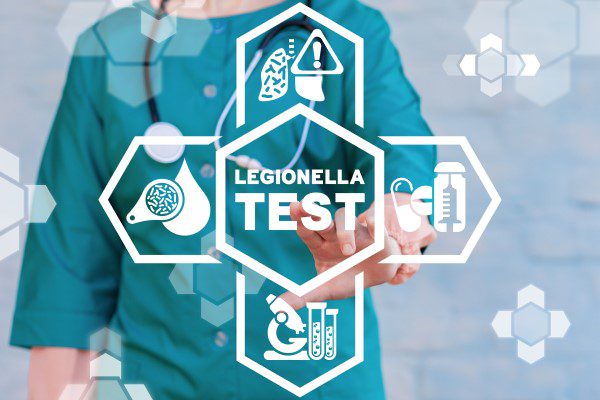Water Testing Services from ChemREADY to comply with AAMI ST108. Healthcare facilities must test their water quality on a regular basis. The specific frequency of testing will vary depending on the type of water quality system, but in general, facilities should test their water at least once per month. ChemREADY can help provide water testing services for all of your water quality compliance needs as we provide in-house testing for your business.
The following are some of the key water quality parameters that must be tested for AAMI ST108 compliance:
In addition to these routine tests, facilities may also need to perform additional tests on their water quality system, such as:
Water quality compliance testing can be performed by an in-house laboratory or by an external testing laboratory. ChemREADY offers testing in-house to provide our customers with the most accurate compliance testing possible. Contact us today if you suspect you need water quality testing.
Endotoxin testing is a critical part of AAMI ST108 compliance. Endotoxins are pyrogens that can cause fever and other inflammatory reactions in patients. They are produced by gram-negative bacteria and can be found in water, air, and on surfaces.
The LAL (Limulus amebocyte lysate) test is the most common method of endotoxin testing. It is a rapid and sensitive test that can detect endotoxins at very low levels.
To perform the LAL test, a sample of water is mixed with a reagent made from the blood of the horseshoe crab, Limulus polyphemus. If endotoxins are present in the sample, they will cause the reagent to clot. The clot is then measured to determine the concentration of endotoxins in the sample. At ChemREADY we provide LAL testing for your water samples to ensure effective and reliable results. If you are in need of LAL testing, contact us today and we’ll work with you.

The LAL test is a reliable and accurate method of endotoxin testing. It is used by healthcare facilities, pharmaceutical companies, and other industries to ensure that their products and environments are free of endotoxins.
Bacterial HPC testing is another important part of AAMI ST108 compliance. HPC stands for heterotrophic plate count. It is a measure of the total number of viable bacteria in a sample of water.
HPC testing is performed by plating a sample of water on a nutrient medium and incubating it at a specific temperature for a specific period of time. The number of colonies that form on the plate is then counted. The higher the HPC, the more bacteria are present in the water.
AAMI ST108 requires that HPC testing be performed on a regular basis, typically at least once per month. The specific frequency of testing will vary depending on the type of water quality system and the facility’s risk assessment. Contact us today so ChemREADY can help you with your frequent testing needs with our in-house laboratory ready to meet your HPC testing requirements.
By following all of these testing requirements, healthcare facilities can ensure that their water meets the HPC requirements of AAMI ST108 and that patients are protected from the risks of waterborne infections.